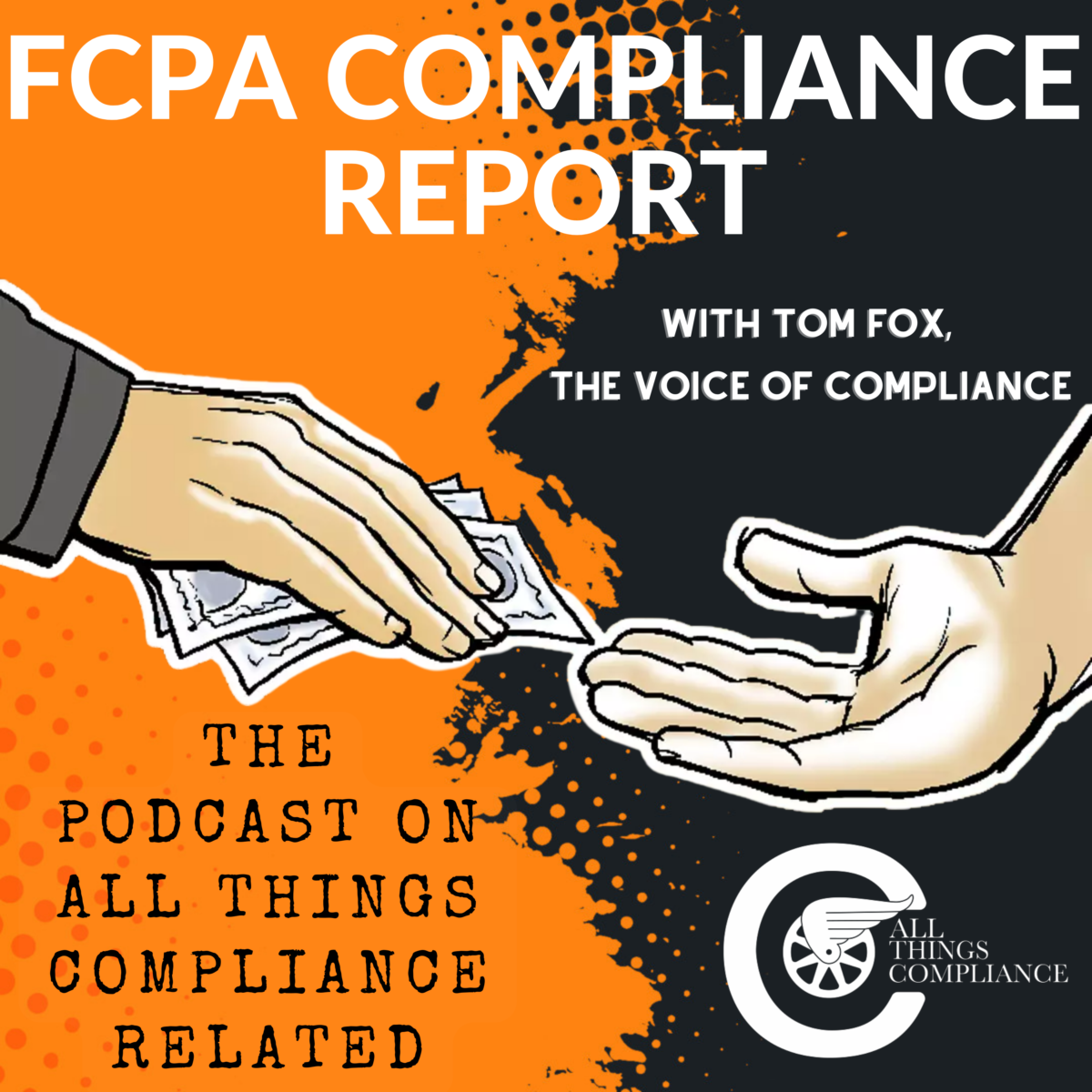It turns out that Venice invented the modern hotline reporting system with their Lion’s Mouth reporting protocol. The symbol of Venice is the Lion St. Mark. The use of this symbol has led to the maxim straight from the lion’s mouth. This adage came because the Republic of Venice had its own hotline reporting system where citizens could report misconduct. A citizen could write down his concern on paper and literally put this message into the mouths of statues of lions’ heads placed around the city. The system was originally set up to be anonymous, but later changed to require that a citizen had to write down his name when submitting a message. I thought about this early form of anonymous reporting and then Hotline reporting and how it portended the hotline system used today to help companies identify compliance issues which might arise under the FCPA or other compliance laws.
Hotline reporting systems play a crucial role in modern compliance programs. They provide employees with a confidential and secure channel to report suspected misconduct or violations of company policies. In a recent episode of the podcast “Compliance Lessons from Venice,” hosted by Tom Fox, the importance and benefits of hotline reporting systems were discussed in detail.
One of the key factors emphasized in the podcast is the need for hotline systems to allow employees to report misconduct confidentially and without fear of retaliation. This is in line with the guidance provided in the FCPA Resource Guide, which states that an effective compliance program should include a mechanism for confidential reporting. By ensuring anonymity and protection, hotline reporting systems encourage employees to come forward with their concerns, leading to early detection and prevention of compliance issues.
One of the benefits of using external hotline systems, as highlighted by Tom Fox, is the increased employee trust. Employees tend to trust third-party providers more than internally maintained systems, as they perceive an extra layer of anonymity and impartiality. External providers also bring specialist expertise that may be difficult to match within an organization.
Another benefit of hotline reporting systems is the collection of detailed information. Information is power, and by gathering and recording information throughout the complaint’s lifecycle, companies gain greater insight into the situation. This allows for more effective protection against accusations of negligence or wrongdoing. Hotline systems should provide consolidated, real-time access to data across departments and locations, along with analytic capabilities to uncover trends and hotspots.
Data retention is another important factor to consider. Hotline systems should meet the company’s data retention policies, especially considering privacy regulations like GDPR. Having a secure and accessible report retention database ensures compliance with data protection requirements and avoids the need for complicated and costly arrangements for storing older reports.
To be effective, hotline reporting systems must inspire employee confidence. Retaliation or perceived unfairness can destroy the effectiveness of internal reporting and poison the company’s culture. Employees should feel that the hotline offers the highest levels of protection and anonymity. It should allow them to bring their concerns directly to someone outside the immediate chain of command or workplace environment, especially when the complaint involves a supervisor or superior. Providing the option to submit reports from offsite locations also enhances participation rates.
Hotline systems should offer on-demand support from subject matter experts. Opening lines of communication can bring new issues to the compliance group’s attention. It is crucial to follow up on reports in a timely manner and avoid sitting on complaints, as this can lead to employee frustration and potential legal risks.
Inbuilt litigation support and avoidance tools are also important features of hotline reporting systems. Compliance with legal requirements for document retention, attorney work product protections, and attorney-client privilege should be pre-configured in the system. Developing these tools in-house can be costly and expose the organization to unnecessary risks.
Direct communication with the persons filing a complaint is another aspect that enhances the effectiveness of hotline reporting systems. It signals to employees that their complaints are being heard at the highest level and reinforces their confidence in the process.
In addition to these key factors, the podcast episode also highlighted the importance of publicizing the hotline, training employees on how to use it, and ensuring no retaliation for its use. Regularly reviewing the data provided by the hotline and identifying any gaps is also crucial for making informed decisions and improving the compliance program.
Hotline reporting systems are essential components of modern compliance programs. They provide employees with a confidential and secure channel to report misconduct, leading to early detection and prevention of compliance issues. By ensuring anonymity, protection, and access to expert support, hotline reporting systems foster employee trust and contribute to a strong compliance culture within organizations. It turns out we do not have Sarbanes-Oxley to thank for the modern hotline system but the Republic of Vencie.









